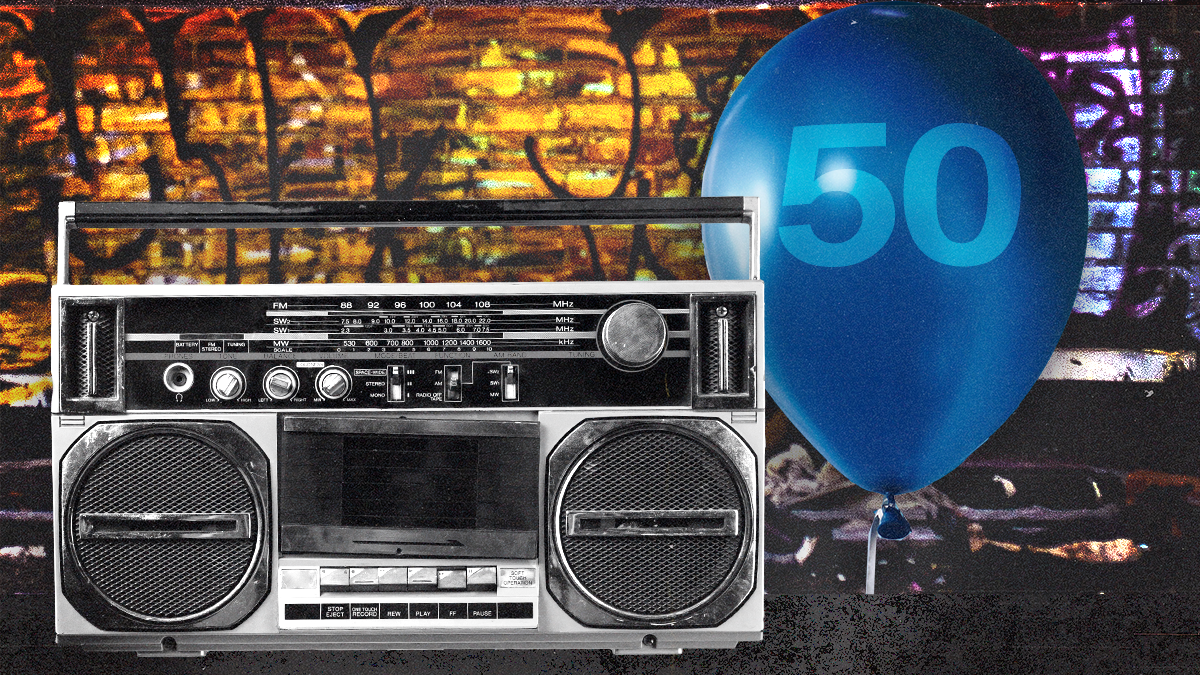Hard Numbers: Hip-hop hits half a century, rising death toll from Hawaii fires, Malaysia checks rainbow Swatches, abortion tops US concerns, India passes new data law
50: This Friday marks 50 years since the date commonly recognized as the birthday of hip hop, when Jamaican-born DJ Kool Herc rocked a party at a residential building on Sedgwick Avenue in the Bronx, cutting together drum breaks for people to dance to and throw rhymes over. The New York-born art form — which encompasses MC’ing, DJ’ing, breakdancing, and graffiti — has since spread around the globe to become the single most influential worldwide cultural movement of the past half-century. For a look at what the culture was like in the early days, there’s nothing better than the 1982 cult-classic film “Wild Style.”
55: The death toll from devastating wildfires in Maui, Hawaii, has now risen to 55. Strong winds from Hurricane Dora and dry conditions fueled by climate change contributed to the blazes. But scientists say the growth of a "highly flammable" invasive plant ruining the natural ecosystem is also making it easier for fires to spread.
3: You know what time it is in Malaysia? Time to let you know that the government there on Thursday imposed a 3-year prison sentence for owning or wearing a watch from Swatch’s Pride Collection, which celebrates the LGBTQ+ community. Malaysia still criminalizes same-sex relationships and recentlycanceled a major music festival after the lead singer of British band The 1975 bashed the country’s anti-gay laws and kissed a male bandmate on stage. Here’s a look at the global divide over LGBTQ+ love.
77: As the 2024 presidential election looms, what’s the most important issue for US voters? Abortion, which topped the list for 77% of Americans in a new Economist/YouGov poll. Here’s a GZERO explainer on why the issue is so sensitive in the US.
30 million: India has passed a landmark new data privacy law that imposes fines of up to $30 million for mishandling user data. But critics have focused on a provision in the law that permits the government to block content in the public interest. Given the broader crackdown on independent media in India in recent years, there are concerns the law could be used to stifle criticism of the government.
